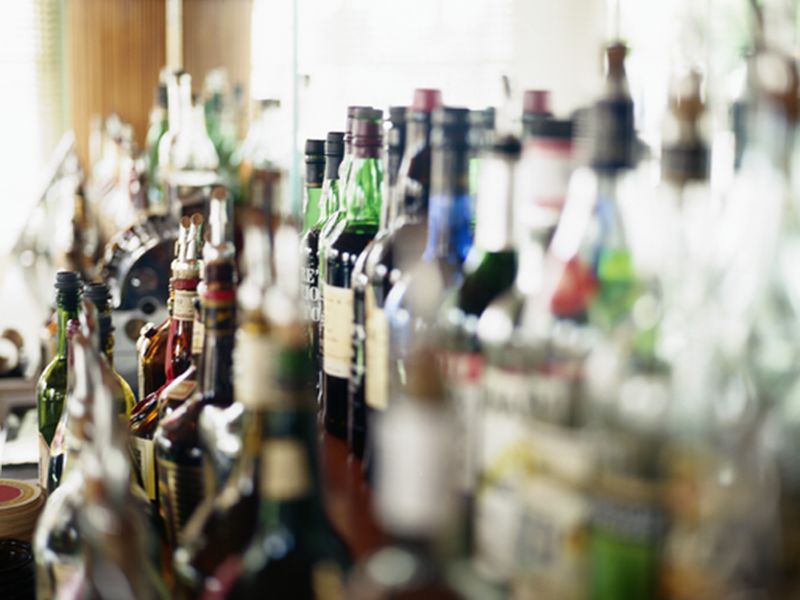What Kind of Drinking Can Trigger A-Fib?

FRIDAY, Oct. 18, 2019 (HealthDay News) -- Frequent drinking is more likely than binge drinking to increase your risk of the most common heart rhythm disorder, a new study finds.
Atrial fibrillation (a-fib) increases the risk of stroke by fivefold. Symptoms include racing or irregular pulse, palpitations, shortness of breath, tiredness, chest pain and dizziness.
For the new study, researchers analyzed data from 9.7 million people without a-fib at a 2009 health checkup. The participants were asked about their alcohol consumption and were followed until 2017.
The strongest risk factor for a-fib was the number of times per week a person drank. The greatest risk was seen in those who drank every day, followed by drinking twice or once a week.
The study found no clear link between binge drinking and a-fib risk.
As in previous studies, this one found an association between the amount of alcohol consumed and risk of a-fib. For each gram of alcohol consumed per week, new-onset a-fib risk rose 2%.
Compared to mild drinkers, those who drank no alcohol had an 8.6% higher risk of a-fib. Moderate drinkers had a 7.7% higher risk, and heavy drinkers saw their risk rise 21.5%, according to the study published online Oct. 17 in the journal EP Europace.
Previous research found that a-fib risk rose 8% for every 12 grams of alcohol consumed per week. That's about one drink. But it wasn't clear whether the total amount of alcohol or the number of drinking sessions played a bigger part in the increased risk.
"Recommendations about alcohol consumption have focused on reducing the absolute amount rather than the frequency," study author Dr. Jong-Il Choi said in a journal news release. "Our study suggests that drinking less often may also be important to protect against atrial fibrillation."
Choi is a professor of medicine at Korea University College of Medicine in Seoul, South Korea.
"The number of drinking sessions was related to atrial fibrillation onset regardless of age and sex," he said. "Repeated episodes of atrial fibrillation triggered by alcohol may lead to overt disease. In addition, drinking can provoke sleep disturbance, which is a known risk factor for atrial fibrillation."
Preventing a-fib, rather than treating its consequences, should be the priority, Choi said. "Alcohol consumption is probably the most easily modifiable risk factor. To prevent new-onset atrial fibrillation, both the frequency and weekly amount of alcohol consumption should be reduced," he concluded.
More information
The U.S. National Heart, Lung, and Blood Institute has more on a-fib.

The news stories provided in Health News and our Health-E News Newsletter are a service of the nationally syndicated HealthDay® news and information company. Stories refer to national trends and breaking health news, and are not necessarily indicative of or always supported by our facility and providers. This information is provided for informational and educational purposes only, and is not intended to be a substitute for medical advice, diagnosis, or treatment.

